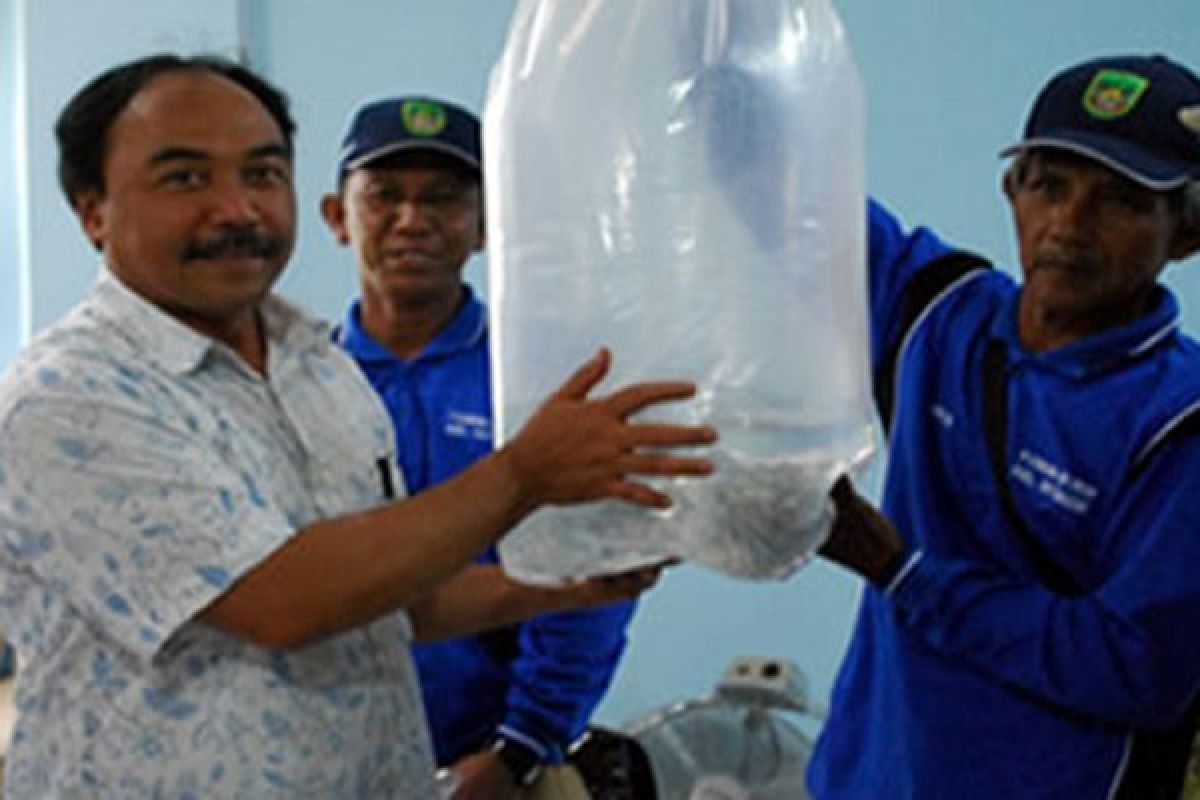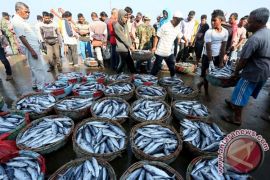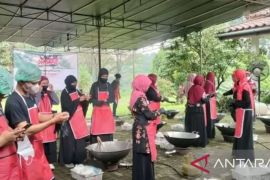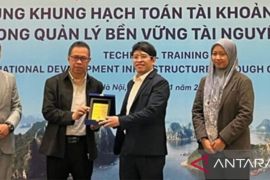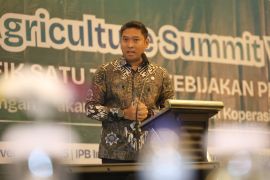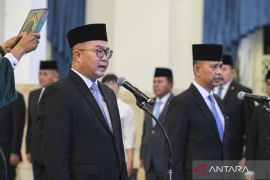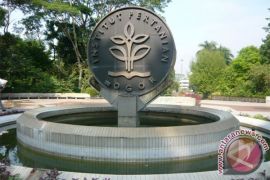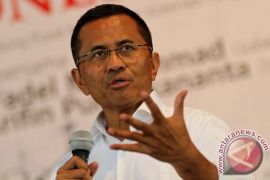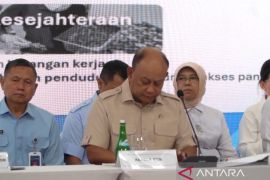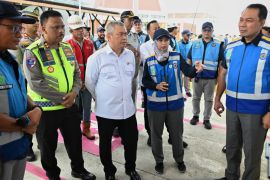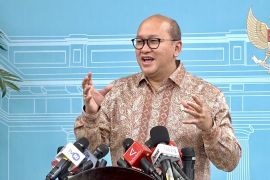In 2050, the world`s population is forecast to grow by nine million people ..."Bogor (ANTARA News) - Challenges in aquaculture will constantly increase with the growing global population that needs protein as a food source, Director General of Aquaculture in the Marine Affairs and Fisheries Ministry Slamet Soebjakto stated in Bogor, Sunday.
"In 2050, the worlds population is forecast to grow by nine million people, and this is the first challenge as the food and protein needs of such a large number of people will be much higher than that of carbohydrates," Soebjakto remarked during the Aquaculture Festival 2015 seminar at the Bogor Institute of Agriculture (IPB) campus.
He pointed out that the protein requirements are sourced from red and white meats, and people will consume more fish as it is safer and can boost physical and mental development of the consumers.
In terms of price, he remarked that the white meat from fish is more affordable than red meat, and in terms of maintenance, fish is easier to farm than raising cattle, and the harvest is also faster.
"The Food and Agriculture Organization of the United Nations (FAO) has forecast that the fulfillment of human needs for fish will be sourced from the intensification of aquaculture," Soebjakto affirmed.
He added that the intensification of aquaculture frequently led to problems, such as environmental damage caused by abrasion due to the conversion of mangrove forests into shrimp ponds, overcapacity floating cages in public waters, decreased production due to diseases, and social problems caused by conflict of interest in the utilization of water resources.
Further, Soebjakto said the next challenge is environmental damage that has affected the aquaculture sector, thereby making it difficult to find local fish, such as snakeskin, cork, and others in public waters.
However, he noted that aquaculture must be sustainable and based on the ecosystem in accordance with the maritime affairs and fisheries ministers directives that the fisheries sector should be independent, sovereign, and sustainable.
In a bid to build sustainable ecosystem-based fisheries, Soebjakto urged the IPB students of the aquaculture department to play an active role in addressing the challenges ahead and advancing the aquaculture sector.
"According to data from the FAO in 2013, the trend of annual growth in aquaculture production for capture fisheries was 1.3 percent, while the growth was 8.2 percent from aquaculture. Therefore, the need for fish and other food sources will continue to rise," he added.
(Uu.O001/INE/KR-BSR/F001)
Editor: Priyambodo RH
Copyright © ANTARA 2015
